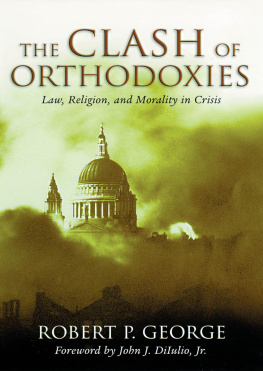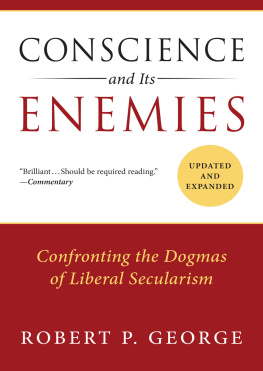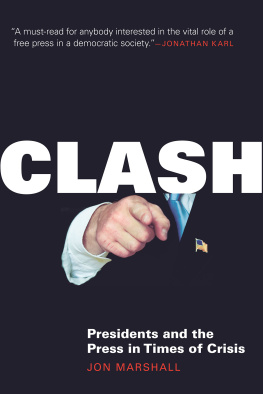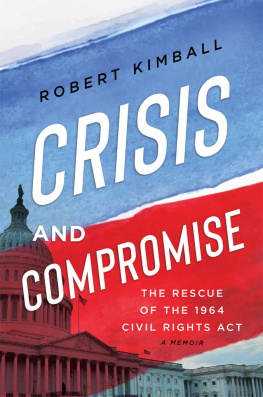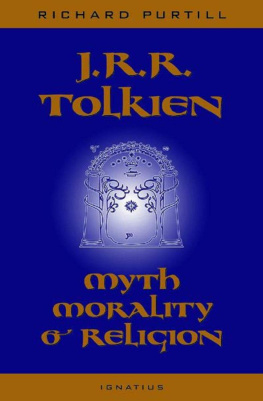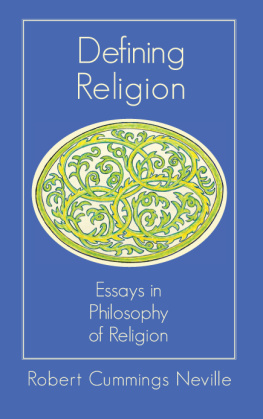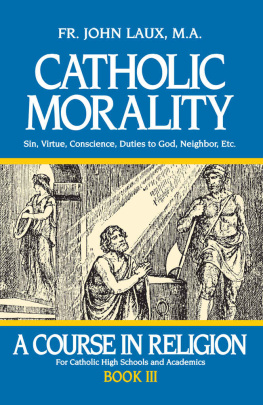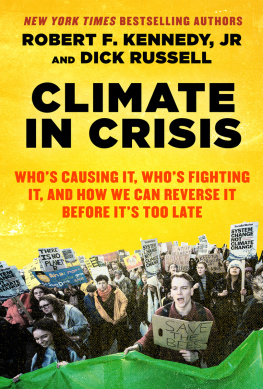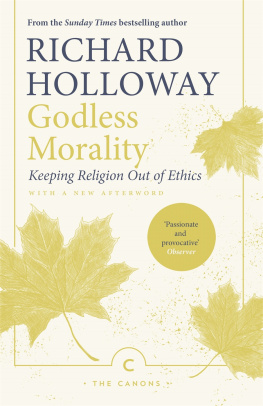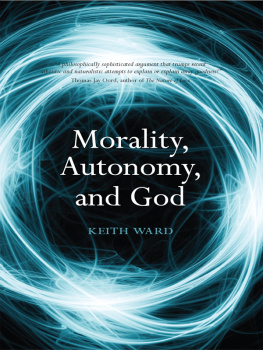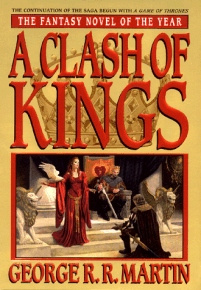PREFACE
T HE CLASH OF ORTHODOXIES in contemporary social and political life manifests itself above all in conflicts over life issues, such as abortion, infanticide, physician-assisted suicide, and euthanasia, as well as issues pertaining to sex, marriage, and family life. Underlying these disputes are profound differences regarding the source and nature of morality and the proper relationship of moral judgment to law and public policy.
This clash of worldviews characteristically pits morally conservative Jews, Christians, and other believers against secular liberals and those who, though remaining within religious denominations, have adopted liberal ideas about personal and political morality. Orthodox Jews, evangelical Protestants, faithful Catholics, and eastern Orthodox Christians today find themselves allied with one another in defending, say, the sanctity of human life or the traditional conception of marriage against their liberal co-religionists who have joined forces with secularists of various stripes to support such things as legal and publicly funded abortion, physician-assisted suicide, nofault divorce, and the social acceptance of homosexual and other forms of nonmarital sexual conduct.
Does the predominance of orthodox Christians and Jews on one side of these conflicts, and of secular liberals on the other, indicate that the battle is between the forces of faith and those of reason? Secularists frequently depict the struggle in these terms, and occasionally their opponents appear to acquiesce in this depiction. In the chapters that follow I seek to persuade readers to understand the conflict differently. For those on the conservative side in what is sometimes called the culture war should not, and in a great many cases do not, understand faith and reason as separated in the way that many secularists and some believers hold them to be. Faith and reason are, rather, mutually supportive, the two wings on which the human spirit rises to contemplation of truth, in the words of Pope John Paul II. I want to show that Christians and other believers are right to defend their positions on key moral issues as rationally superior to the alternatives proposed by secular liberals and those within the religious denominations who have abandoned traditional moral principles in favor of secularist morality. My criticism of secular liberal views is not that they are contrary to faith; it is that they fail the test of reason.
In proposing reasonableness as the criterion of moral validity, I do not pretend to write from a position of neutrality. I am a Christian. At the same time, my arguments for the soundness of what I take to be the Christian position (which is also, of course, very often the Jewish and sometimes the Islamic position) will not presuppose propositions that can be asserted only on the basis of religious faith. Inasmuch as my claim is that the positions I defend are superior rationally to the secularist alternatives, it is incumbent upon me to make the case for my positions without appealing to the authority of religion. Otherwise, I would be begging the question.
Because the essays collected in this volume are meant to be accessible to non-specialist readers, I have tried to avoid presenting technical philosophical arguments. As a result, specialists who do me the honor of reading the book will desire to have more thorough argumentation on various points. To that end, I regularly refer readers in notes to writings published in scholarly books and professional journals in which I (or scholars with whom I collaborate) defend in greater detail key propositions asserted here.
It is my pleasure to acknowledge the help of many friends. William L. Saunders deserves recognition as co-author of chapters 7, 12, and 14.I owe a similar debt of gratitude to Dennis Teti for his work on chapter 9. If anything in this book is worthwhile, it is due, no doubt, to what I have learned in discussions with these friends, as well as Hadley Arkes, Stephen Balch, Jeffrey Bell, Joseph M. Boyle Jr., Gerard V. Bradley, James Burtchaell, C.S.S.C., Frank Cannon, Charles Colson, Midge Decter, Christopher DeMuth, John DiIulio, Jean Bethke Elshtain, John Finnis, Kevin L. Flannery, S.J., Jorge Garcia, Rabbi Marc Gellman, Peter Gellman, Elizabeth Fox-Genovese, Mary Ann Glendon, Germain Grisez, Russell Hittinger, Robert Jenson, Leon Kass, John Keown, James Kurth, Patrick Lee, Gilbert Meilaender, Douglas Minson, Anne Morse, Walter F. Murphy, Fr. Richard John Neuhaus, Rabbi David Novak, Michael Novak, Ramesh Ponnuru, William C. Porth, Dermot Quinn, Roberto Rivera, Daniel N. Robinson, Seana Sugrue, Herbert W. Vaughan, George Weigel, Robert Wilkens, Bradford Wilson, and Christopher Wolfe.
I am also grateful to friends on the other side of the moral and political divide with whom I have clashed in public and private debate. In particular, I thank Josh Dever and James Fleming for their kind permission to reprint the texts of our vigorous exchanges on important questions of law and morality.
Though for this book they have been revised to various degrees, many of these pieces originally appeared in other places, including American Journal of Jurisprudence, Arizona State Law Review, Catholic University Law Review, Crisis, Fellowship of Catholic Scholars Quarterly, First Things, Fordham Law Review, Loyola Law Review, Notre Dame Law Review, Touchstone, and The Wall Street Journal. I thank these periodicals, as well as Catholic University of America Press, Eerdmans Publishing, Georgetown University Press, the Linacre Center, St. Augustines Press, Spence Publishing, and Villanova University Press, for permission to reprint them here.
Finally, I thank the Earhart Foundation for its unfailing moral and material support.
I
THE CLASH OF ORTHODOXIES
(Including an exchange with Josh Dever)
A FEW YEARS AGO , the eminent Harvard political scientist Samuel Huntington published in Foreign Affairs a widely noted article called The Clash of Civilizations. Kurth argued persuasively that the clash that is comingand that has, indeed, already begunis not so much among the worlds great civilizations as it is within the civilization of the West, between those who claim the Judeo-Christian worldview and those who have abandoned that worldview in favor of the isms of contemporary American lifefeminism, multiculturalism, gay liberationism, lifestyle liberalismwhat I here lump together as a family called the secularist orthodoxy.
This clash of worldviews is sometimes depicted (though not by Professor Kurth) as a battle between the forces of faith and those of reason. I propose to challenge this depiction in a particular and fundamental way. I shall argue that the Christian moral view is rationally defensible. Indeed, my claim is that Christian moral teaching can be shown to be rationally superior to orthodox secular moral beliefs.
In defending the rational strength of Christian morality, I do not mean either to denigrate faith or to deny the importanceindeed, the centrality of Gods revealed Word in the Bible, or of sacred Christian tradition. My aim is to offer a philosophical defense of Christian morality; and to put forward a challenge to the secularist worldview that has established itself as an orthodoxy in the academy and other elite sectors of Western culture.


